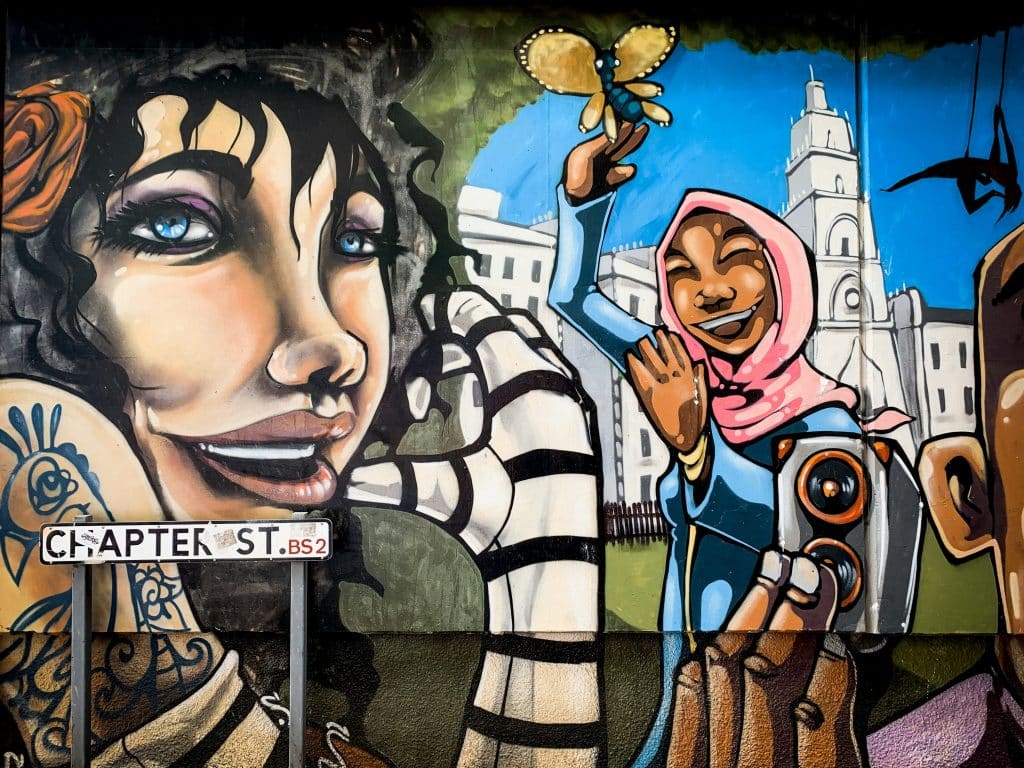We are delighted to have secured funding from the Ministry of Housing, Communities and Local Government (MHCLG) to extend our Changing Futures programme in Bristol for another year. The extension represents a significant step forward in our efforts to support some of the most vulnerable people in our community, those who are experiencing multiple disadvantage.
Multiple disadvantage refers to the interconnected issues faced by people who experience homelessness, mental health challenges, substance misuse, and are involved with the criminal justice system at the same time. These overlapping problems create a cycle that can be incredibly difficult to break without comprehensive and coordinated support.
My Team Around Me
One of the key innovations of the Changing Futures programme is the My Team Around Me (MTAM) approach. MTAM is designed to provide personalised, holistic support to people experiencing multiple disadvantage. A key part of the MTAM approach involves embedding dedicated teams within key services to ensure that all aspects of a person’s needs are addressed in a coordinated way.
Kath Williams, Changing Futures’ Programme Director, said:
This is fantastic news. It means we can continue to develop and embed our innovative MTAM approach which we know can foster a comprehensive and compassionate support network around each individual. Collectively we are rebuilding trust, both with clients and across organisations and that’s crucial in addressing the root causes of multiple disadvantage, rather than just the symptoms. The programme is improving immediate outcomes for clients and also contributing to long-term positive change across the system.
Councillor Lorraine Francis, Chair of the Adult Social Care Committee at Bristol City Council, said:
We’re delighted that Changing Futures has secured additional funding. Not only does this mean we can remain committed to our client group and connect and support more marginalised people, but we can also embed our innovative approach to change the way Bristol works in the important area of multiple disadvantage. The programme’s My Team Around Me approach is testament to that.
Our future goals
The extension of the Changing Futures programme will allow us to support 80 additional clients by embedding the MTAM approach within teams where clients facing multiple disadvantage are overrepresented.
We are also committed to expanding the range and diversity of coproduction initiatives across the city, ensuring that those with lived experience of multiple disadvantage are actively involved in shaping the services they receive and that people working in the system are directly involved in making it work more effectively.
Our strategy importantly helps progress the implementation of the city’s Multiple Disadvantage Strategy and furthering our goal of creating long-term change to the way the system operates.
Notes to Editors
For more information, please contact PR & Communications Manager Jane Edmonds on 07841777401 or email jane.edmonds@second-step.co.uk
- Changing Futures Bristol is delivered in partnership between mental health charity Second Step and Bristol City Council.
- The Changing Futures programme is a national £87 million joint initiative by MHCLG and The National Lottery Community Fund, the largest community funder in the UK.
- The Programme is overseen by a wider stakeholder group with a shared ambition to address inequalities including statutory partners such as Police, Probation, Department of Work & Pensions and Avon and Wiltshire NHS Partnership Trust. Our voluntary sector partners include St Mungos, The Nelson Trust, Stand Against Racism and Inequality (SARI).
- This new funding announcement means the programme will run until the end of March 2026.
- Changing Futures aims to support people facing multiple disadvantage to break the cycle of homelessness, mental health challenges, substance use and involvement in the criminal justice system. We do this through trauma-informed support teams which focus on clients’ unique experiences, hopes and dreams.
- By forming strong collaborative relationships, we aim to support long-term positive change. Key to this is addressing root causes rather than looking at the symptoms and involving people with lived experience in service development.

